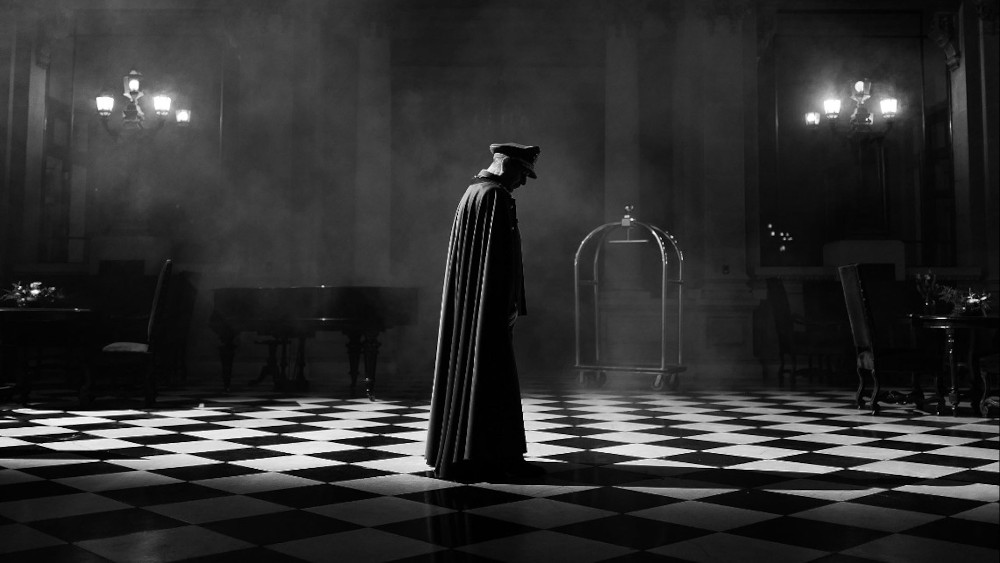Presented at the Venice 80 competition, “El Conde” combines Pablo Larraín’s political eye for cinema – with his ability to deal with recent Chilean history (and beyond) – with a more flamboyant and pop approach, at least on paper. In general, a successful operation, except for some shortcomings and at times a tendency to verbosity, somewhat weakening the strength and effectiveness of the metaphor.
Bad blood doesn’t die
Among the games that generated the most curiosity in this newly released 80thTo Venice Film Festival was undoubtedly the new work of Pablo Larrain, El Conde. A curiosity, partly caused by an unusual theme for the Chilean director – a horror / grotesque interpretation of the life of a dictator. Augusto Pinochet – partly from a clearly opposite (but actually complementary) reasoning: with this new direction of his, Larrain, in fact, returns to focus precisely on Chilean reality, after a biographical digression Jackie AND Spencer. I’m watching El CondeHowever, we can clearly see that the story of Pinochet is really only the starting point for a broader discourse on the totalitarianism of yesterday and today, as well as for reflection on a power that wants to become more than ever universal and transhistorical. Reflection, which for the first time (at least in cinema) the director conducts by means of the genre, with a bright and variety approach, only superficially far from the usual sobriety of the tones of his cinema.
Undead who (probably) wanted to die
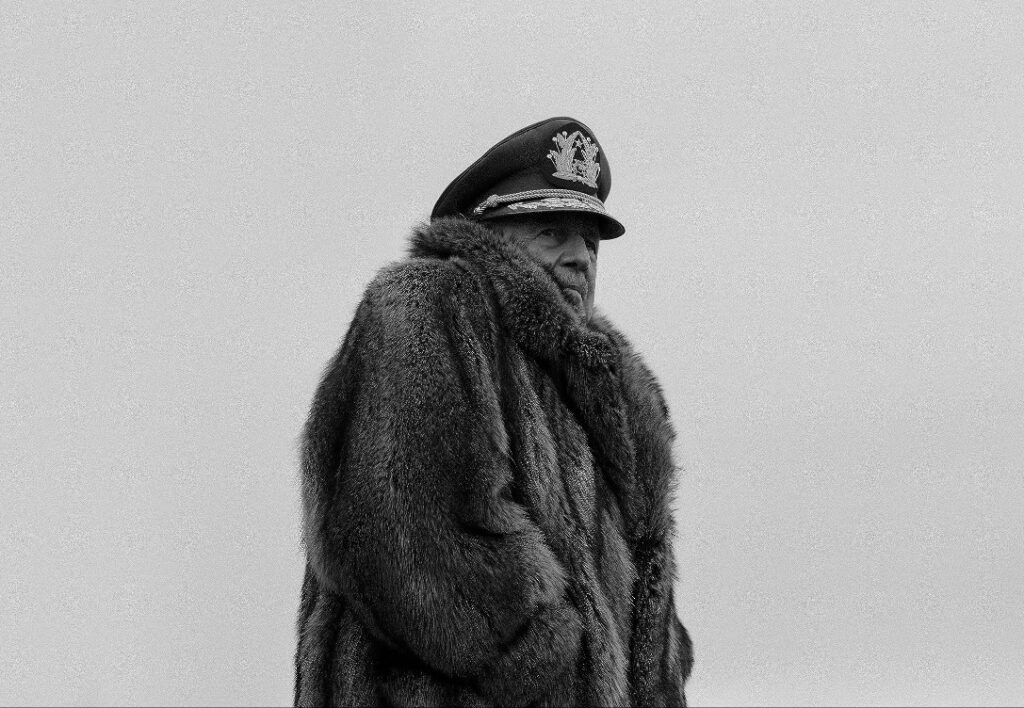
In the story about El CondeAugusto Pinochet is actually a century-old vampire born in France during the reign of Louis XVI and has been active in the ranks of the counter-revolution ever since. Since then, the future general assumed different personalities, always placing himself at the service of reaction in the various epochs and countries of the world that he crossed, and repeatedly feigning his death; the last one, the one that everyone remembers as the end of the Chilean dictator, actually left him tired and frustrated, full of resentment towards his old associates and the desire to become mortal and end his existence. Pinochet’s decision will immediately attract the attention of his five children, each of whom is facing charges of various embezzlement and seeking to get their hands on their parents’ rich inheritance as soon as possible. Meanwhile, the highest hierarchs of the Vatican, in turn, realizing the inconstancy of the dictator, arrange a kind of exorcism over him in order to save his soul, entrusting him to an unscrupulous young nun. But there will be surprises.
Transparent metaphor, but able to convey to the point
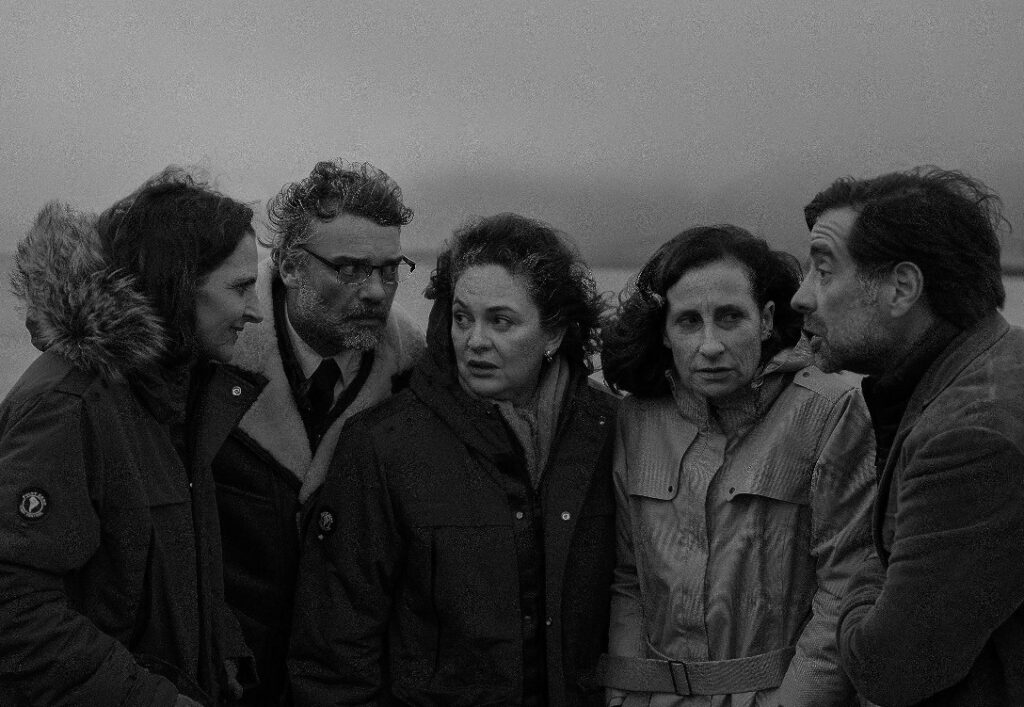
This is a transparent metaphor put forward by Pablo Larrain. El Conde, about the vampiric nature of the force and its survival through (literal) blood feeding; survival based on gradual weakening, up to death, of citizens/victims. Compared to his political works of the past, as well as those that are not directly related to the history of Chile, such as recent. Emma – however, here the register chosen by Larrain is manifested, on the one hand, more accessible and able to appeal to the main audience (a prerequisite for the distribution of Netflix), on the other hand, clearly more explicit. In fact, the black-and-white image – among other things “revealed” in its fictitious nature in the pink opening credits – or the film’s generalized (and somewhat sly) art-house packaging should not deceive: El Conde in fact it is a work in which the director chooses very modern expressive and narrative methods, with frequent and amusing intrusions into pulp and splatter, and in which the historical treatment constantly goes through grotesque demystification, misguided humor, the choice to laugh at the ruins of the country and the difficulties of it. reconstruction. The choice allows the director, as we said at the beginning, to expand his vision even beyond the Chilean borders, expanding the metaphor but also capturing – more concretely – the direct connection of the years of the regime with the modern rise of the characters on which it is based. history has rendered (unfairly) a more favorable judgment.
Fun to the point
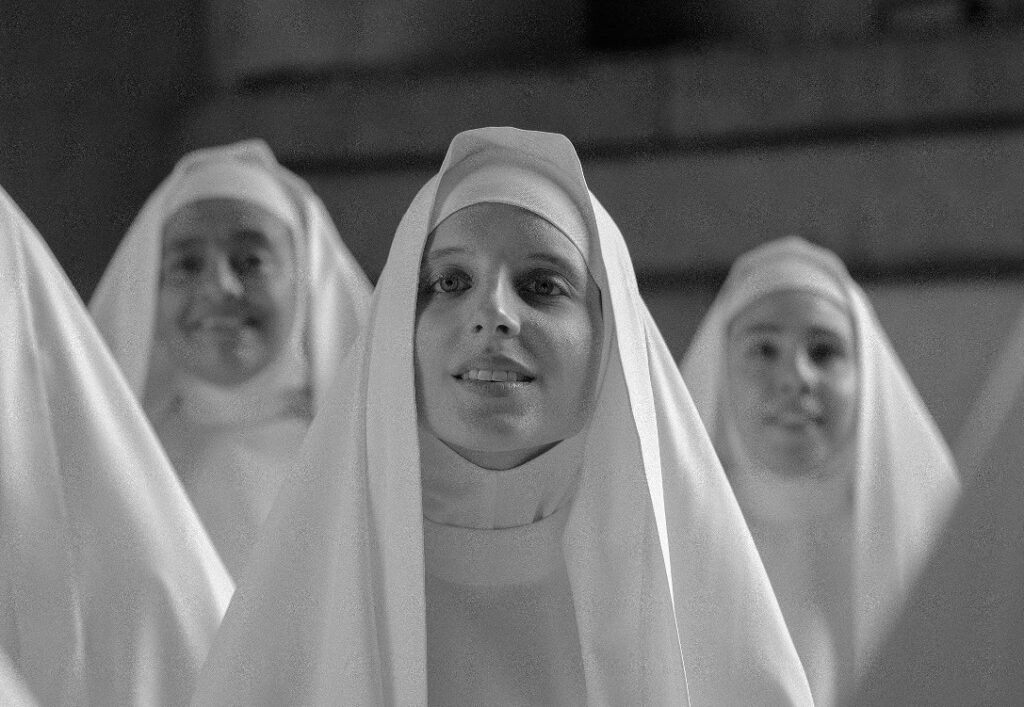
Undeniable merit. El Conde, especially for the film’s ability to remain fresh and original (as well as insightful in its message) at a time when grotesque demystification of despicable historical figures is no longer an absolute novelty; think about the recent jojo rabbitbut also, going back even further, to the German language He is back and its Italian remake called I’m back. Pinochet’s supernatural nature, (well) interpreted by Jaime Wadell, is closely related to the historical figure – largely respected – of the general, as well as to the description of his family reality; a reality literally made up of hyenas (human and otherwise) ready to feast on a corpse that is not yet a corpse. True to himself, Larrain here also demonstrates far from tenderness towards the Catholic institution, emphasizing its connivance – even posthumously – to the regime and what has been preserved of it, its funny character (exorcist nuns) and good construction. What is not entirely convincing, however, in this successful new work by Larren, is a certain penchant for verbosity, especially in the first movement, perhaps the result of the director’s ignorance of the rhythms and storytelling methods more typical of genre cinema; a film inevitably with a lot of dialogue, El Conde it eventually becomes redundant as the enumeration (though justified by the narrative) of the misdeeds of the general’s family takes the form of somewhat tedious captions. Much better is the case in the long final climax, which once again confirms the assumption of the self-preservation of power, whatever form it may take. Even the most seemingly innocent ones.
poster
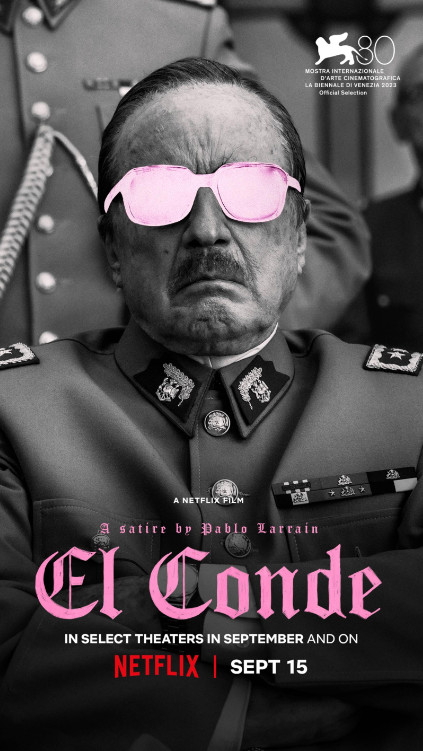
Gallery
Form
Original name: El Conde
Director: Pablo Larrain
Country/year: Chile / 2023
Duration: 110 minutes
Type: comedy, fantasy
Throw: Alfredo Castro, Amparo Noguera, Antonia Zegers, Paula Luchsinger, Catalina Guerra, Diego Munoz, Gloria Münchmeyer, Jaime Wadell, Martial Tagle
Screenplay: Pablo Larrain, Guillermo Calderon
Photo: Edward Lachman
Assembly: Sofia Subercaso
Director: Juan de Dios Larrain, Rocio Jadue
Production house: plot
Distribution: Netflix
Release date: 09/15/2023
Trailer
From the same directors or screenwriters

